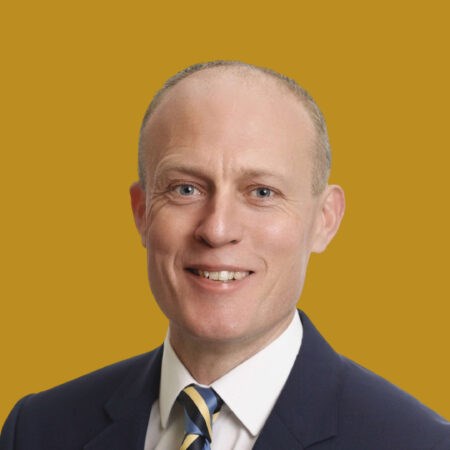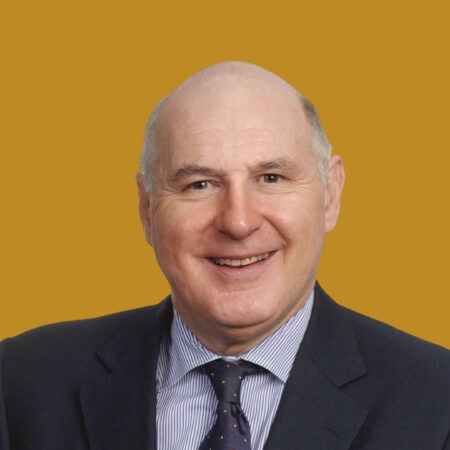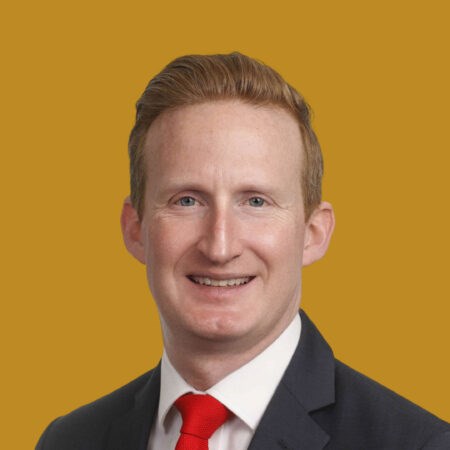
About Anne
Anne is a Partner on our Corporate team.
She advises both Irish and international businesses on domestic and cross-border mergers and acquisitions, venture capital and private equity transactions, corporate restructurings and reorganisations.
Anne is also ...
About Anne
Anne is a Partner on our Corporate team.
She advises both Irish and international businesses on domestic and cross-border mergers and acquisitions, venture capital and private equity transactions, corporate restructurings and reorganisations.
Anne is also a member of our Capital Markets team and advises listed and unlisted corporate clients and financial advisers on public company transactions and governance.
Anne is the author of our annual publication on the AGM season of Irish main-market listed companies.
aharkin@mhc.ie























